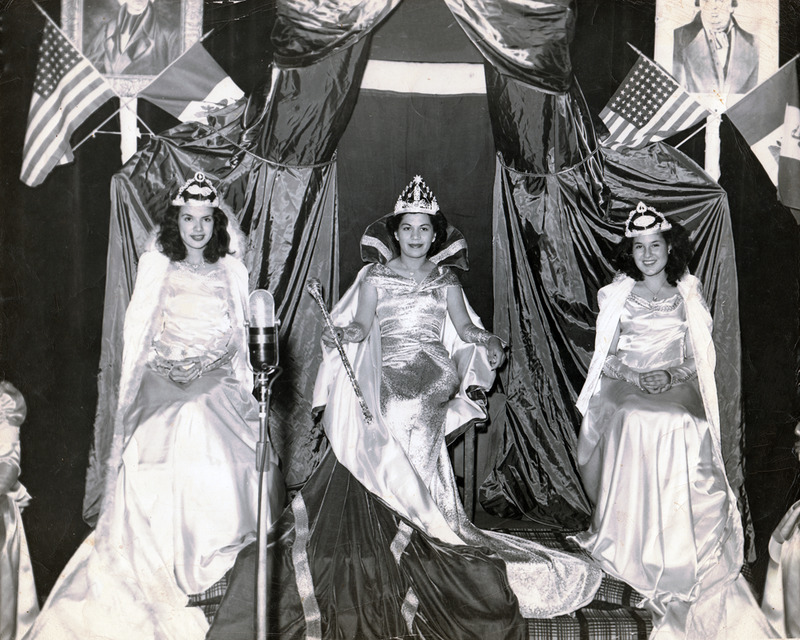-
Title
-
Mexican Mutualistas, Home Clubs and La Comisión Honorifica in Santa Clara County
-
Description
-
In Santa Clara County, immigrants formed associations with others from their original home in México or other regions of the Southwest. In San José, historian Stephen Pitti describes the rise of “town clubs” as the fraternal twin of the Mexican American mutualistas, or mutual aid societies. One important difference was that both men and women joined the town clubs while mutualistas were for men only. In the late 1920s, town clubs and mutualistas both helped with life insurance and funeral expenses for those without funds, fostering “a sense of local identity” while maintaining cultural and nationalist connections to México.
Town clubs linked transplanted Mexican residents from similar hometowns that were now living in Santa Clara County. These community organizations assisted families, developed community and promoted cultural events. They held social activities in local parks and residences to raise money to aid members and celebrate cultural ties, such as Fiestas Patrias. Most importantly, they advised newcomers in their native language on local laws, customs, and practices to help them integrate into American society. While Americanization programs were designed to replace immigrants’ native tongue and cultural traditions, town clubs and mutualistas aided immigrants in their transition to the new country.
Mutualistas and town clubs strengthened links to the Mexican consulate and to México as well. Using these connections, the consulate encouraged repatriation to México for San José immigrants struggling in the U.S. during the Great Depression. The Mexican consulate in San Francisco worked with the mutualistas to promote Mexican national celebrations of the Fiestas Patrias and to aid Mexican citizens.
During the Great Depression, the town clubs grew because it was impossible to afford annual visits to México as had been common in the 1920s. The California deportation campaign against ethnic Mexicans between 1929-1934 reinforced Northern California Mexicans’ reliance on their town clubs.
Prior to WWII and after, non-citizens were usually ineligible for social services. Mutualistas played an important role in redressing these inequities, advocating for their members with police and immigration authorities and granting small loans, as well as sponsoring local sporting events and cultural celebrations. The Mexican Consulate established the Comisión Honorifica Mexicana, an organization to promote cultural connections and aid Mexican citizens in the United States. The Comisión admitted all men of Mexican descent, regardless of citizenship.
-
Identifier
-
B4SV Exhibit Topic Four: Slide 012


